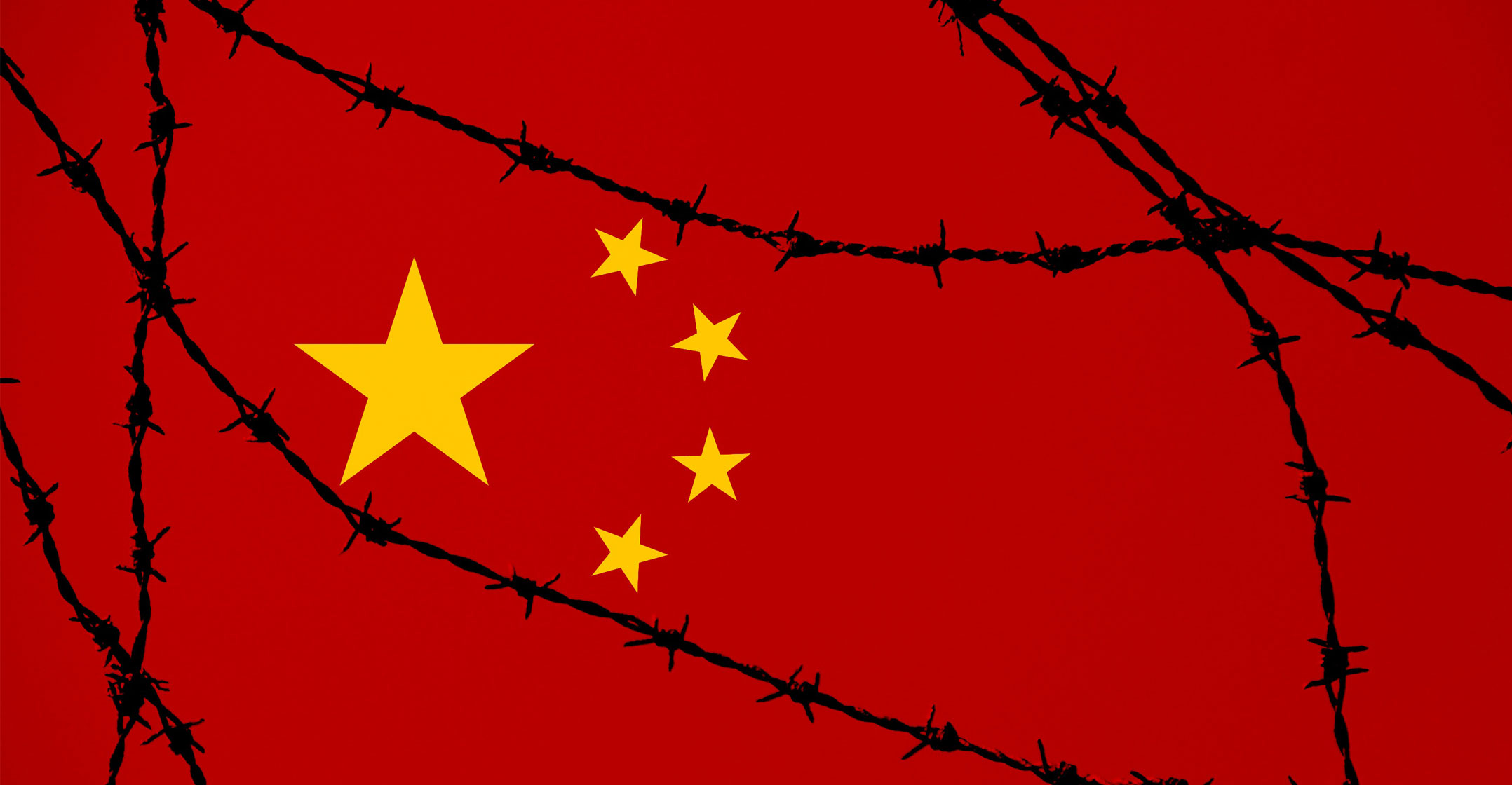 Tencent Holdings and NetEase shed more than US$60-billion (R850-billion) of value on Thursday as investor fears grow that Chinese regulators are preparing to tighten their grip dramatically on the world’s largest gaming industry.
Tencent Holdings and NetEase shed more than US$60-billion (R850-billion) of value on Thursday as investor fears grow that Chinese regulators are preparing to tighten their grip dramatically on the world’s largest gaming industry.
South Africa’s Naspers and its European-listed spinoff, Prosus — which are directly exposed to Tencent through Prosus’s 28.9% stake in the Chinese Internet giant — also fell sharply.
Chinese regulators summoned industry executives to a Wednesday meeting to instruct them to break their “solitary focus” on profit and prevent minors from becoming addicted to games, according to the official Xinhua News Agency. Regulators also said there will be a temporary freeze on approvals for all new online games, the South China Morning Post reported Thursday, a move that will chill the pipeline of titles that developers depend on to drive growth.
That accelerated a stock selloff that began in the morning, although Xinhua made no mention of the approval suspension. Investors are already on edge because of a 10-month government campaign to rein in industries from e-commerce and ride hailing to social media.
Xi Jinping’s administration is waging a concurrent campaign to curb addiction among minors, reduce growing spending on virtual items and prod youths towards more productive pastimes. The government just last week released new regulations for the industry, including limiting the amount of time children can play videogames to three hours a week.
Escalation
A moratorium on new titles would mark an escalation in the gaming crackdown, hitting developers’ wallets directly. It recalls a 10-month freeze on game monetisation licences in 2018, then intended to combat addiction and myopia among children. That spurred Tencent’s first profit drop in at least a decade and helped wipe about $200-billion off its market value at one point.
“We’re concerned that the reported suspension is just the start of a broader crackdown on gaming, and about how bad this crackdown might be,” said Cui Chenyu, a game analyst with global market intelligence firm Omdia in Shanghai. “The halt will definitely have a substantial impact on gaming companies. The number of new titles approved in the first half of this year may secure their revenue for 2021, but we would see adverse effect starting from late next year if approvals aren’t resumed quickly.”
On Thursday, Tencent extended losses in late afternoon trading to finish 8.5% lower, its steepest fall since July. Netease plummeted 11%. Representatives for the companies didn’t immediately respond to requests for comment. Prosus, Tencent’s biggest shareholder, fell 6.6% in Amsterdam while parent Naspers dropped as much as 8.3% in Johannesburg.
 Meanwhile, Tencent’s hotly anticipated League of Legends Mobile title won’t launch on 15 September as initially anticipated because “it needed to improve the gaming experience”, according to a notice posted on the game’s official Weibo page. Testing will run till after the National Day holiday in October, the notice said without elaborating.
Meanwhile, Tencent’s hotly anticipated League of Legends Mobile title won’t launch on 15 September as initially anticipated because “it needed to improve the gaming experience”, according to a notice posted on the game’s official Weibo page. Testing will run till after the National Day holiday in October, the notice said without elaborating.
Officials from the Communist Party’s publicity department and the industry regulator disclosed their decision to Tencent and NetEase executives at Wednesday’s meeting, the South China Morning Post reported, citing a person briefed on the matter.
Gaming approvals have been put on hold while the government figures out how to whittle down the number of titles in the market, particularly after the frenetic pace of the first half, the Post cited a second person briefed on the discussion as saying. It wasn’t clear how long the suspension would last, the SCMP added.
Investors have grown increasingly nervous about the gaming sector since August, when Chinese state media decried the “spiritual opium” of games, prompting Tencent to broach a ban for kids. While various newspapers have since walked back that comment, saying it was an overstatement, the lingering concern is that Beijing will next train its attention on an arena that’s pivotal to the bottom line of media giants from Tencent to Apple and Activision Blizzard.
Ordeal
More broadly, Beijing’s campaign to rein in its giant Internet industry is approaching its 11th month, a roller-coaster ordeal that began when regulators torpedoed the record IPO of Jack Ma’s Ant Group, before launching investigations into Alibaba Group, Tencent-backed food delivery giant Meituan and Didi Global.
“The reported suspension of new title approvals suggests an expansion of China’s latest gaming crackdown,” said Michael Norris, a technology analyst with Shanghai-based market research firm AgencyChina. “What looked like paternalistic controls on minors’ gaming activity may potentially morph into broader restrictions on content and monetisation models.” — Reported by Coco Liu, (c) 2021 Bloomberg LP

